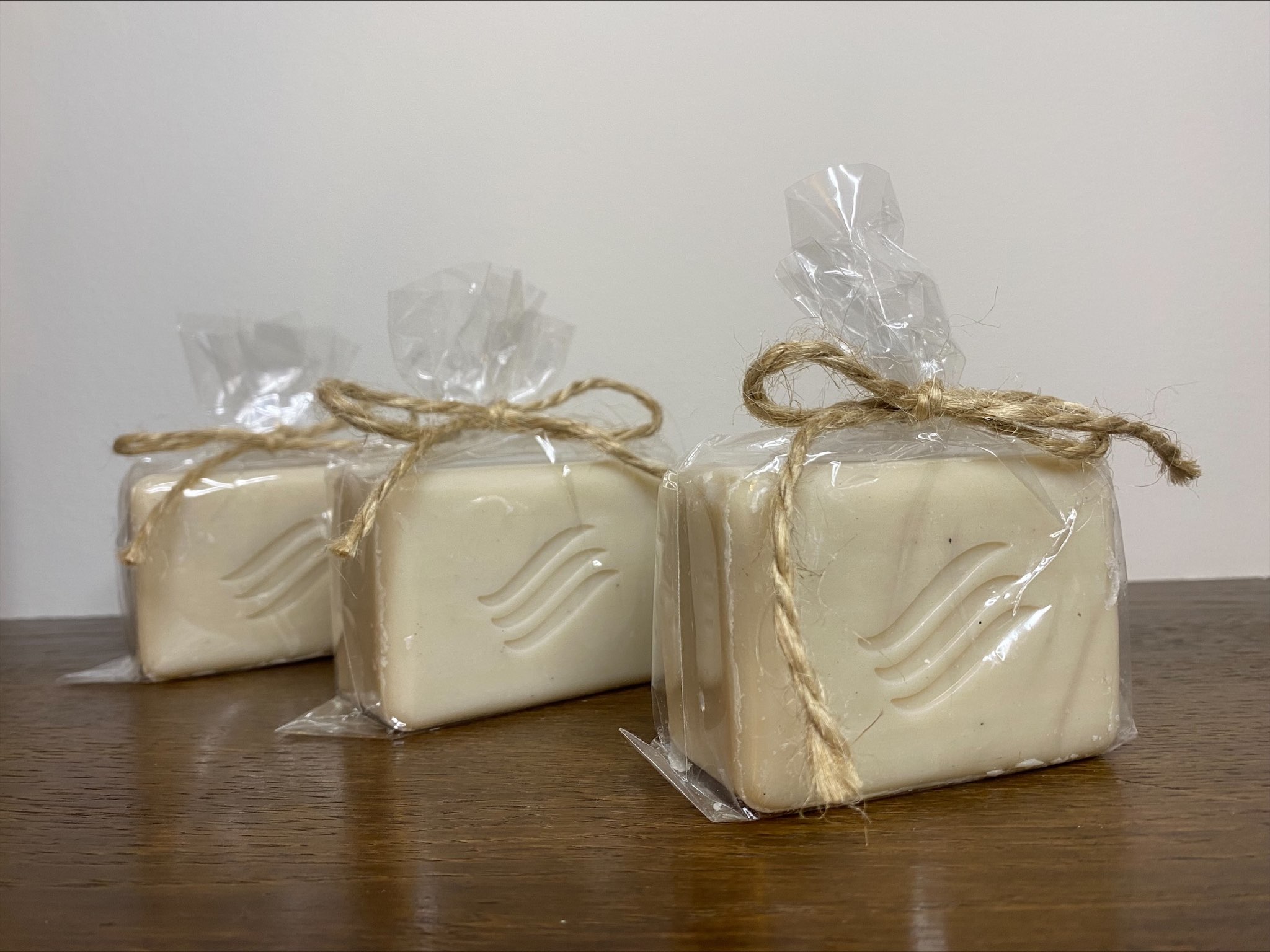Bad breath, or halitosis, can be an embarrassing and persistent problem. While many people rely on conventional toothpaste and mouthwash to combat it, herbal toothpaste offers a natural and effective alternative. This guide explores how herbal toothpaste can help with bad breath, highlighting the beneficial ingredients, their mechanisms, and tips for maintaining fresh breath naturally.
Understanding Bad Breath
Bad breath can result from various factors, including:
- Poor Oral Hygiene: Inadequate brushing and flossing can leave food particles in the mouth, leading to bacterial growth and foul odors.
- Diet: Foods like garlic, onions, and spicy dishes can contribute to temporary bad breath.
- Dry Mouth: Saliva helps cleanse the mouth; a lack of it can lead to bad breath.
- Tobacco Use: Smoking and chewing tobacco can cause persistent bad breath.
- Health Conditions: Certain medical conditions, such as gum disease, respiratory infections, and gastrointestinal issues, can cause halitosis.
Herbal toothpaste can address these causes through its natural ingredients and holistic approach.
Key Herbal Ingredients and Their Benefits
- Peppermint and Spearmint Oils
- Benefits: These essential oils are known for their strong, refreshing scent. They help mask bad breath and provide a long-lasting fresh feeling.
- Mechanism: Peppermint and spearmint oils have antibacterial properties that help reduce the bacteria responsible for bad breath.
- Tea Tree Oil
- Benefits: Tea tree oil is a powerful antiseptic that combats bacteria and fungi in the mouth.
- Mechanism: By reducing bacterial load, tea tree oil helps prevent the buildup of compounds that cause bad breath.
- Neem
- Benefits: Neem has potent antibacterial and antifungal properties.
- Mechanism: It helps reduce oral bacteria and plaque, which are primary contributors to bad breath.
- Clove
- Benefits: Clove oil contains eugenol, which has antiseptic and anti-inflammatory properties.
- Mechanism: It helps neutralize bad breath by reducing bacterial growth and soothing inflamed gums.
- Cinnamon
- Benefits: Cinnamon has antimicrobial properties and a pleasant aroma.
- Mechanism: It helps kill bacteria and provide a fresh scent that combats bad breath.
- Aloe Vera
- Benefits: Aloe vera soothes and heals gum tissues.
- Mechanism: Healthy gums are less likely to harbor bacteria that cause bad breath.
- Baking Soda
- Benefits: Baking soda neutralizes acids in the mouth and helps whiten teeth.
- Mechanism: By balancing pH levels and reducing acidic conditions, it creates an environment less conducive to bacterial growth.
- Fennel
- Benefits: Fennel has a sweet, pleasant taste and is known for its antimicrobial properties.
- Mechanism: It helps freshen breath and reduce bacteria in the mouth.
How Herbal Toothpaste Works to Combat Bad Breath
- Antibacterial Action
- Many herbal ingredients have natural antibacterial properties. They help reduce the number of bacteria in the mouth, especially those responsible for producing volatile sulfur compounds (VSCs), which are the primary cause of bad breath.
- Neutralizing Odors
- Ingredients like peppermint, spearmint, and cinnamon provide a pleasant aroma that masks bad breath. Baking soda helps neutralize odors by balancing the pH in the mouth.
- Promoting Saliva Production
- Herbs like fennel and clove stimulate saliva production. Saliva is essential for washing away food particles and bacteria, keeping the mouth clean and fresh.
- Healing and Soothing Gums
- Ingredients such as aloe vera and neem promote gum health. Healthy gums are less likely to bleed or become infected, both of which can contribute to bad breath.
- Cleaning and Whitening
- Herbal toothpastes often contain mild abrasives like baking soda, which help remove surface stains and food particles that can harbor bacteria.
Tips for Using Herbal Toothpaste to Combat Bad Breath
- Brush Regularly
- Brush your teeth at least twice a day, ensuring you cover all areas of your mouth, including the tongue, where bacteria often accumulate.
- Use Complementary Products
- Consider using herbal mouthwash or dental floss to enhance the benefits of herbal toothpaste.
- Maintain Good Oral Hygiene
- Regularly floss to remove food particles and plaque between teeth. Use a tongue scraper to remove bacteria from the tongue.
- Stay Hydrated
- Drink plenty of water throughout the day to maintain saliva production and wash away food particles.
- Healthy Diet
- Limit foods and drinks that contribute to bad breath, such as garlic, onions, and coffee. Incorporate crunchy fruits and vegetables that help clean teeth naturally.
- Avoid Tobacco
- Smoking and chewing tobacco can cause persistent bad breath and contribute to gum disease.
- Regular Dental Check-Ups
- Visit your dentist regularly for check-ups and professional cleanings. This helps identify and treat any underlying issues that might be causing bad breath.
Conclusion
Natural Herbal toothpaste offers a natural and effective solution for combating bad breath. By leveraging the antibacterial, soothing, and refreshing properties of ingredients like peppermint, tea tree oil, neem, and aloe vera, herbal toothpaste not only masks bad odors but also addresses the root causes. Consistent use, coupled with good oral hygiene practices and a healthy lifestyle, can significantly improve breath freshness and overall oral health. Embrace the benefits of herbal toothpaste and enjoy a cleaner, fresher mouth naturally.




